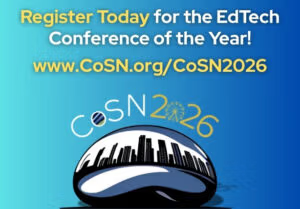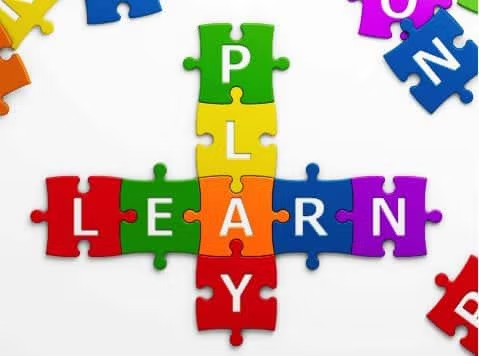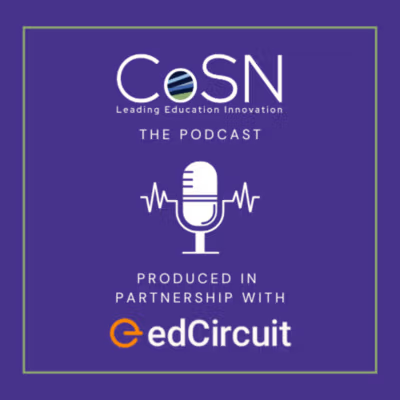Table of Contents
edCircuit Opinion:
When I was younger, I often would gather with my neighborhood friends, head into the backyard, and spend hours digging a massive hole to China. We’d all attempt to use the shovels that were two times our size, all while fantasizing about what we’d do when we finally made it – or better yet if we hit the center of the earth! Many would not think twice about this scenario, and simply view it as kids being kids. But, child development researchers would analyze this situation much differently. Instances like my child adventures are considered to be “productive play”, and have a major role in fostering social and cognitive development.
According to Great! Schools, play, is considered to be work for preschoolers. The National Association for the Education of Young Children has gone as far as to include play as a criterion in its accreditation process for programs for young children. Play has the ability to improve a child’s memory, self-regulation, language skills, social development, literacy skills and other areas of academic learning. Opponents of play believe that it’s simply an excuse for a child to have more fun and that these activities should be reserved for home. The issue with this is that many children live a more sedentary lifestyle in their homes due to the recent popularity of video games and technology. Do you see any issues with integrating play into the classroom? If not, what are ways we can increase productive place in schools?
At a Glance:
- The National Association for the Education of Young Children (NAEYC) has included play as a criterion in its accreditation process for programs for young children
- Play benefits social, linguistic, motor development and self-confidence
- Play has the ability to reach a certain degree of “sophistication”. This is when it becomes beneficial to children’s learning
- Teachers expect young students to be able to concentrate, pay attention, and be considerate of others – all a result of play
Around the Web:
How important is play in preschool?
https://www.greatschools.org/gk/articles/play-in-preschool/
GreatSchools Staff | Great! Schools
Preschool — it’s not just about the sandbox anymore. As elementary school becomes more rigorous, so does preschool. Children are expected to learn certain skills in preschool so that they are prepared for elementary school. Considering the limited time in a preschool setting and the pressure for success later on, where does play fit in?
Children are playful by nature. Their earliest experiences exploring with their senses lead them to play, first by themselves and eventually with others. The National Association for the Education of Young Children (NAEYC) has included play as a criterion in its accreditation process for programs for young children. “They call it their work,” says Peter Pizzolongo, associate director for professional development at NAEYC. “When they’re learning and playing with joy, then it’s a positive experience. They develop a positive approach to learning.”
To read more visit Great! Schools
Why Children Need Play
https://www.scholastic.com/teachers/article/why-children-need-play-0
Deborah J. Leong & Elena Bodrova | Scholastic
With increasing emphasis at school on developing academic skills in children at younger and younger ages, what role does dramatic (“pretend”) play have in early childhood? Is the idea of play merely a throwback to another time when we did not have as much information about how children learn to read and acquire math skills? Is play a luxury? Is it worth it to sacrifice playtime in order to make sure that children learn the letters of the alphabet and know how to count, especially those “at risk?” In any case, don’t children already play enough at home?
There is a growing body of research that shows a link between play and the development of cognitive and social skills that are prerequisites for learning more complex concepts as children get older. For example, play is linked to growth in memory, self-regulation, oral language, and recognizing symbols. It has been linked to higher levels of school adjustment and increased social development. Play has also been linked to increased literacy skills and other areas of academic learning (a view held by Piagetian and Vygotskian theories of child development).
To read more visit Scholastic




